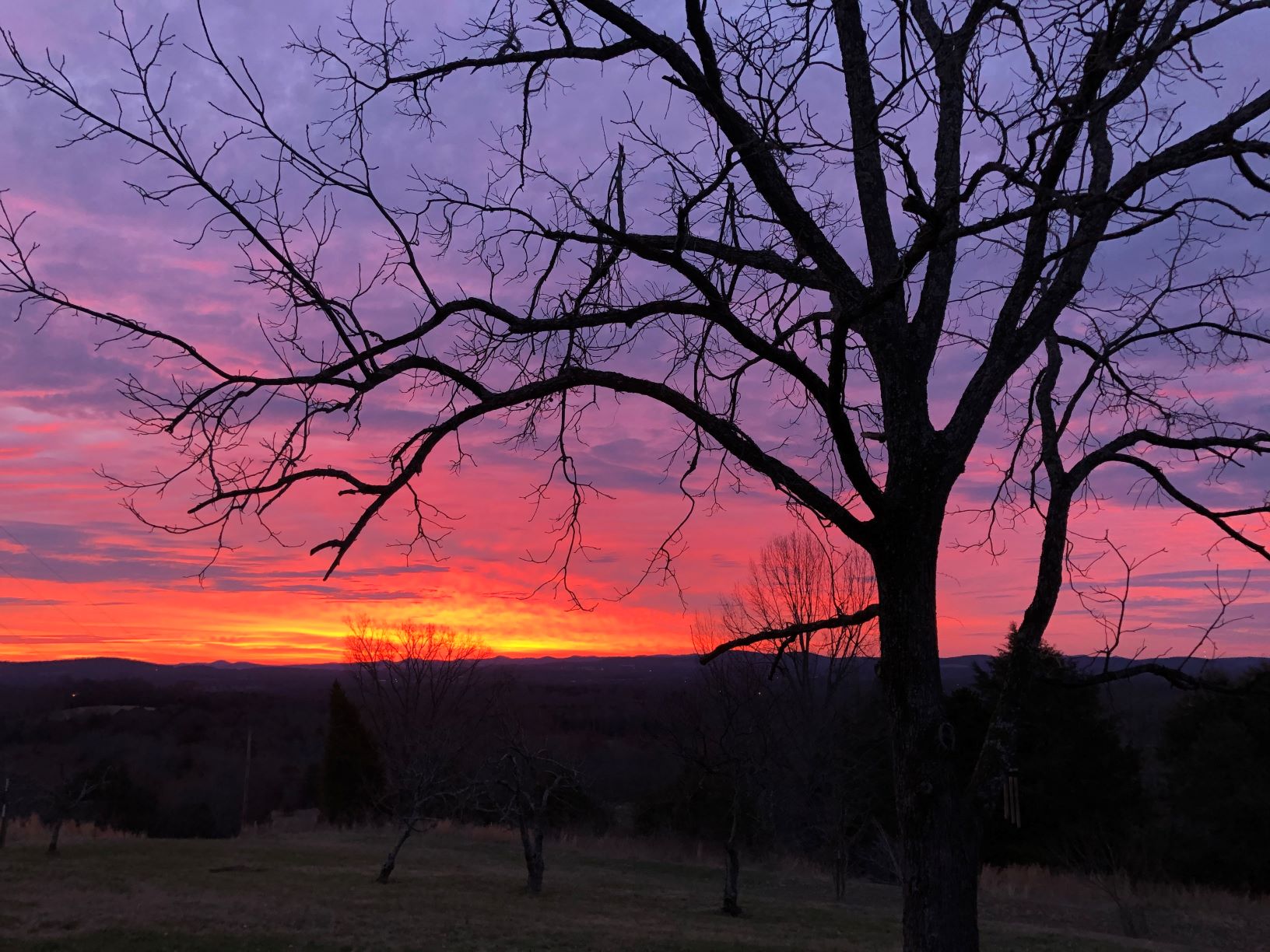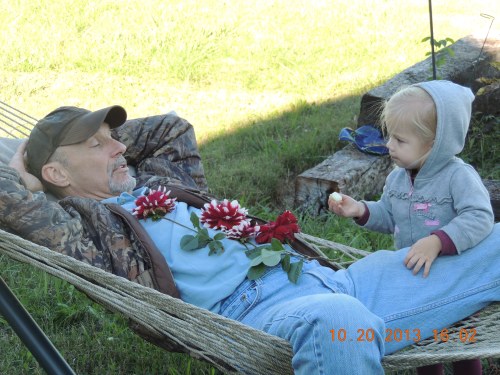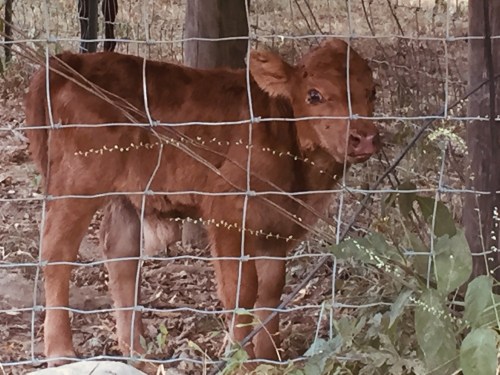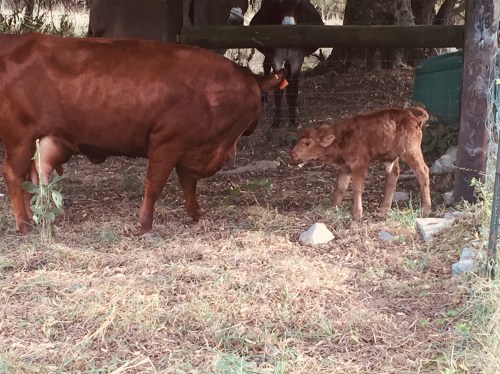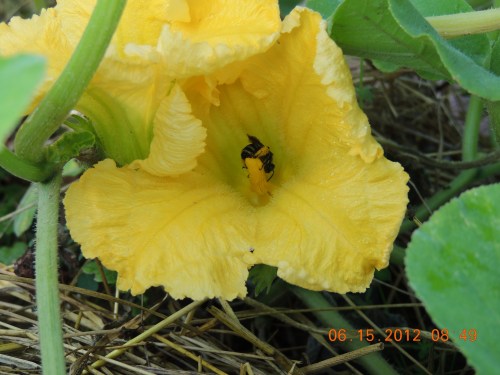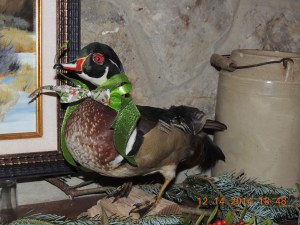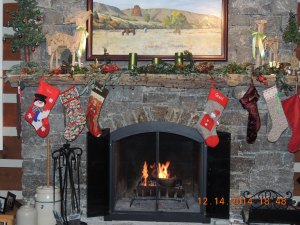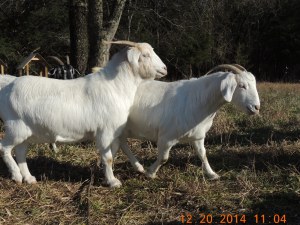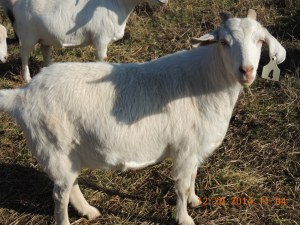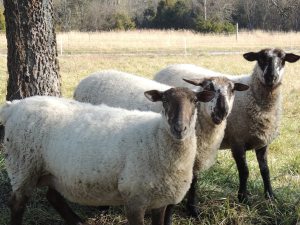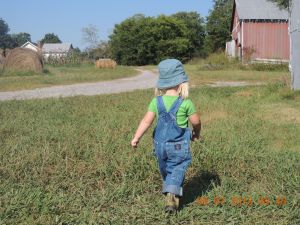Introduction to On Walnut Ridge
Seven years ago, I convinced my husband we should buy a farm. Having come from a long line of country folk on both sides of my family, the rural gene had been working its way up to the surface for years. We named our place Walnut Ridge because of the black walnut trees that are so abundant and the fact that our property sits at the end of a long limestone ridge that rings the valley below us. Our log house faces east, and we love sitting on the front porch with a steaming cup of coffee watching the sun rise.
The first thing I did when we moved here was put in a vegetable garden. The following summer, I canned forty quarts of tomatoes. All those glass jars of ruby tomatoes lining the pantry shelves like good food soldiers inspired me. Now all of the vegetables we eat and most of the fruit we consume comes out of our yard. The pleasure of eating fresh, organically grown food has been as motivating a reason to keep investing time and energy into the land as the knowledge that the food is better for us than what we can buy in town.
Wendell Berry writes about the calming effects of being in contact with the “peace of wild things”. The peace of wild things is missing in the lives of most people. The result is a poverty of experience that dulls the spirit and fogs the mind. I believe that everyone can have an enriched connection to the natural world and that it can make us better people and better neighbors. Even if you live in a small apartment and your gardening space is limited to a stoop, a patio, or a porch, you can grow fresh herbs and a tomato plant or two. Eating a home grown tomato and eating one you bought in a grocery store are completely different experiences. Eating a store bought tomato is a bit like kissing your lover through a screen door.
Practicing some of the fundamental skills that literally kept my grandparents alive makes me feel more alive myself. On Walnut Ridge we do things like collecting rainwater, growing and preserving fruits and vegetables harvesting and preserving wild game, and keeping a herd of goats and a flock of chickens. Not everyone is interested in the hard work and blood and poop involved in going home grown. Not everyone has access to a piece of land. But why not take a step away from your dependence on the business of agriculture and grow as much of your own food as possible?
You can support a local farmer’s market. You can join a CSA (community supported agriculture) You can stop eating processed, dead food that came from far away in trucks powered by fossil fuels and has compromised nutritional value. You don’t need fifty acres. Just eat something that you pulled out of the ground with your own hands.



